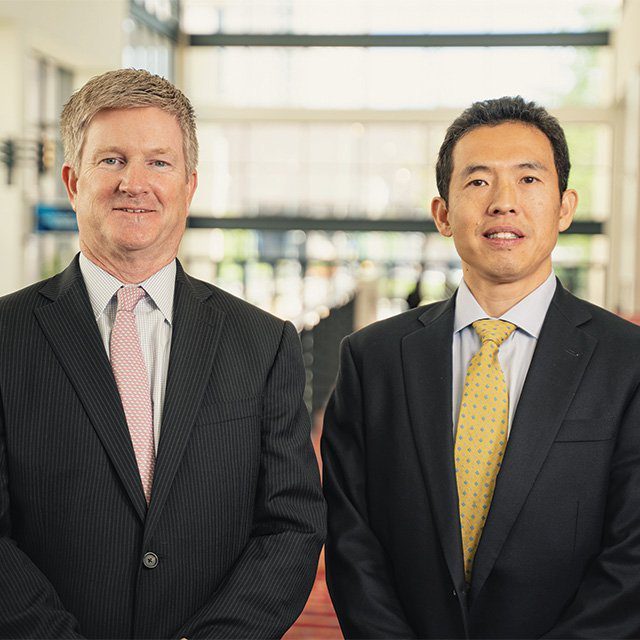Fixed Income Manager of the Year: Federated Hermes

Diversification was the key to Federated Hermes Total Return Bond Fund’s success last year.
The fund, which received the 2022 Envestnet Asset Manager of the Year Award in the Fixed Income category, outperformed both the Bloomberg Aggregate Bond and Bloomberg US Universal benchmark indexes in 2021, achieved an 18-basis point return and placed in the top quartile of Morningstar’s intermediate core-plus bond fund peer group last year, according to Envestnet analysts.
“Our strategy was all about diversification, as we always try to generate alpha from multiple sources that include duration management, sector allocation, yield curve strategy, currency management as well as securities selection,” Vice President and Senior Portfolio Manager Chengjun (Chris) Wu said. “We have different trades in the portfolio and we try to make sure those trades are as diversified, as uncorrelated as possible. So that’s our secret sauce.”
The fund, Wu said, “has one goal — to generate strong, risk-adjusted returns. It has been our strategy for decades, and this strategy over different market cycles has helped us generate a consistent, competitive performance, without taking excessive risks.”
Although the 2021 strategy remained the same, the “market just allowed us to capture stronger performance,” Wu explained. “Most of our trades worked extremely well. That includes shorter duration management, tactical yield curve strategy, and overweight to high-yield, investment-grade corporates, bank loans, trade finance and allocation to TIPS — Treasury Inflation-Protected Securities. They all had positive contributions last year.”
Jerome Conner, vice president and senior portfolio manager, added that the team took advantage of the “reopening trade” in the second half of 2020 and into 2021 by being overweight in the credit sectors.
Coming into 2022, fund managers expected interest rates would become a more dominant factor in generating returns, Conner said, citing inflation data and the Federal Reserve’s acknowledgment that inflation wasn’t transitory and it would start removing its accommodative monetary policy.
In the portfolio, Conner said, “we shortened the duration relative to the benchmark and as rates have gone up significantly in 2022, that was the largest positive contributor to our performance in the first quarter.”
During periods of Fed rate-hiking cycles, the Treasury curve usually flattens, so managers positioned the portfolio by underweighting shorter securities and overweighting longer securities, Conner noted.




